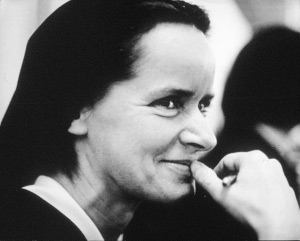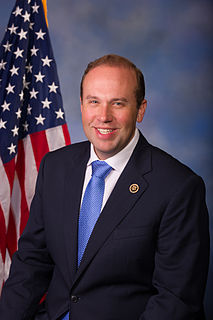A Quote by Ruth Porat
Culture is more important than rules and regulations.
Quote Topics
Related Quotes
In Western culture, particularly North America, a lot of rules are descriptors for sociopathy: a general acceptance of lying as long as you win, an attitude of "me first," an attitude that what it looks like is more important than what it is. This makes it much easier for a sociopath to be camouflaged in our culture.
I think knowing you're not alone is important. This generation is already better at standing up for themselves, saying, "No! You're not going to treat me like that. My standards are higher." But we can provide more education through stories. Just because someone who is older or with more authority says you have to do something, there's no reason you need to. One good thing is that there are new rules about how old you can be on set - more regulations. I think those are good.
The ordinary man is living a very abnormal life, because his values are upside down. Money is more important than meditation; logic is more important than love; mind is more important than heart; power over others is more important than power over one's own being. Mundane things are more important than finding some treasures which death cannot destroy.
The longer I live the more I realize the impact of attitude on life. Attitude, to me, is more important than facts. It is more important than the past, than education, than money, than circumstances, than failures, than successes, than what other people think or say or do. It is more important than appearance, giftedness or skill. It will make or break a company . . . a church . . . a home.
Marla [from Rules Don't Apply] especially, believed that she has a certain set of rules that she had to abide by, in order to be successful in Hollywood. How she acted, how she approached things and even in her relationship with her mother - there were a lot more rules and regulations expected of ambitious women, even before they got into the door.
Colleges are a unique space in our culture. They're a temporary constellation of humans, like a workplace. And the rules about sexual assault and harassment in a workplace are narrow rules. They're stricter than what's considered criminal on a city street. By this logic, the same rules should exist at universities too.



































